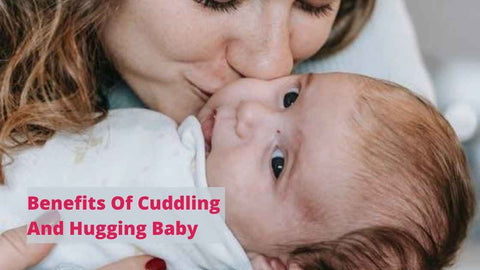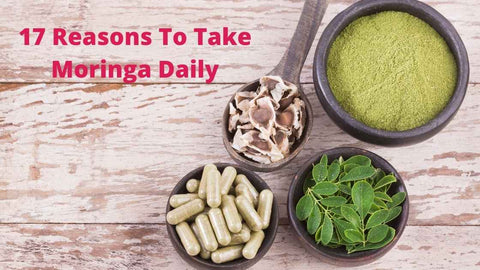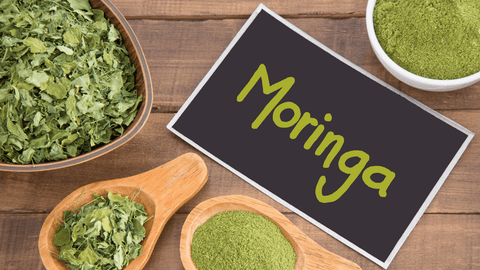The Benefits of Hugs: Why Hugging Is Good For You

Is hugging good for you? Have you ever noticed how much better you feel after a hug? From your partner's arms hugging you tightly, cuddling your kid or greeting a friend, hugs make you feel warm and fuzzy inside. Besides helping you feel connected to people, hugs (or hug therapy) has long been known to have great health benefits. So if you're trying to understand why hugging feels good, or if you need a hug right now here are six science based benefits of hugs:
6 Benefits of Hugs: What hugging does to the body
1. Hugs can increase self-esteem
From the moment of your birth your family’s touch shows that you’re loved and special. Studies have shown that babies don't thrive without physical holding and affection. The lack of touch and affection affected their behaviour into adulthood.
Another study showed a connection between infant exposure to touch and stress later in life. During our childhood the loving cuddles that we received developed into our sense of self-worth which we carry into adulthood at a cellular level. That is why when we are feeling down, unsure of ourselves or confused a hug can often transform those feelings back to one of self-worth and a positive attitude.

When you're hugging or cuddling with someone, [he or she is] stimulating pressure receptors under your skin in a way that leads to … an increase in vagal [nerve] activity, which puts you in a relaxed state.
2. Hugs can enhance relationships
The foundations of all healthy relationships are the feelings of safety, security, trust and belonging. All of these feelings are increased by a good hug. This is why hugging is essential to your relationship. Research has shown that relationships where hugging and touching are present tend to be stronger and longer lasting, including those between mothers and their newborn babies.
"When you're hugging or cuddling with someone, [he or she is] stimulating pressure receptors under your skin in a way that leads to … an increase in vagal [nerve] activity, which puts you in a relaxed state," explains psychologist Tiffany Field, director of the Touch Research Institute at the University of Miami School of Medicine. One theory is that stimulation of the vagus nerve triggers an increase in oxytocin levels.

3. Hugs can reduce stress
The stress-reducing, benefits of hugging have been attributed to the release of oxytocin, often called "the bonding hormone" because it promotes attachment in relationships. Oxytocin has the ability to alleviate social anxiety and produce feelings of trust. It also has the peripheral ability to reduce stress by helping you stay calm, cool, and collected.
Researcher Tiffany Field, explains a recent study in which one partner had to give a speech or do another stressful task. Their partner touched them, held their hands, and hugged them.
“They found that, in fact, people who were given this stressful task, if they’d been holding hands or being hugged, they would have a lower blood pressure and lower heart rate, suggesting that they were less stressed.”
You can use hugging to calm the nervous system.
4. Hugs can lower blood pressure
The hormones that are released in the body after a hug aren’t just for happy feelings — they also help your physical health. When someone touches you, the sensation on your skin activates pressure receptors called Pacinian corpuscles, which then send signals to the vagus nerve - an area of the brain that is responsible for (among many things) lowering blood pressure.
Human-to-human contact also lowers your body’s levels of the stress hormone cortisol. And that in turn helps ease your blood flow and lower your heart rate.
![]()
5. Hugs can boost immunity
Researchers asked healthy adults about the number of hugs they received in a two-week period. In this 2015 study involving 404 healthy adults, researchers were examining the effects of perceived social support and the receipt of hugs on the participants' susceptibility to developing the common cold after being exposed to the virus. They checked up on them over the next days so they could notice any signs of illness. People who perceived greater social support and received more frequent hugs were less likely to come down with a cold. Even among those who got a cold, those who felt greater social support and more frequent hugs had less severe symptoms.

6. Hugging is important for adults too
Physical touch and hugging can combat feelings of loneliness that arise as people get older. A retirement home in New York conducted a study in which they implemented a program called ‘Embraceable You.’ The idea was to encourage cross-generational contact and touch between residents and staff members in order to improve the residents’ wellbeing. The results were conclusive, with residents who were touched or hugged three or more times a day having more energy, feeling less depressed, better able to concentrate and having more restful sleep than their less-hugged counterparts.
![]()
The science behind the benefits of hugs
Hugging releases oxytocin and other emotionally positive brain chemicals.
Oxytocin is a neuro-transmitter that acts on the brain’s emotional center. It is made primarily in the hypothalamus in the brain. Some of it is released into the bloodstream through the pituitary gland while some remains in the brain, where it influences mood, behavior and physiology. It promotes feelings of contentment, reducing anxiety and stress.
When you hug often, your level of oxytocin increases, which strengthens your social bonds. This is why hugging is important to your relationships.
Hugging also stimulates dopamine and serotonin production in your body. Dopamine is a pleasure hormone which is part of your brain’s reward mechanism. Serotonin is responsible for maintaining mood balance. Too little serotonin can cause depression. Hugging is known to boost serotonin levels.
Not everyone likes hugs. However, hugging and touch are instinctive behaviours when you were small children. And as you've seen, it’s an essential part of healthy emotional and physical development.
So, don’t think that hugs are just for the little ones - the benefits of hugs are too great to ignore. So next time you sense a safe opportunity, be brave, and maybe try trading up that handshake for a friendly hug. Your friends and family deserve it!
With all of it's benefits, there are risks though to someone hugging you - because of the COVID-19 pandemic.
Can hugging transmit coronavirus?
As you have read, hugs are one of the most instinctive expressions of comfort, affection, and connection. However with the recent coronavirus pandemic upsurge in cases, infectious disease specialists agree that several safety precautions should be taken to protect even the healthiest individuals who choose to hug.
That means foregoing hugging for a long time, anyone who is outside of your inner circle or who may have a pre-existing condition putting them at higher risk. This includes grandparents and older adults.
But if you can't resist, know that you are doing it "at your own risk" and the risk of your loved one. Instead, try wearing masks during short hugs where you face away from each other, Some experts even suggest holding your breath.
There are two ways that hugging can spread coronavirus:
- Droplets
“When you’re hugging you’re relatively close face-to-face. Between breathing, talking, coughing, sneezing, or anything else that could happen during that hug, you could be expelling droplets,” Zain Chagla, infectious disease expert at McMaster University in Hamilton, Ontario told CTV News in a telephone interview.
- Physical Touch
“Even if nothing happens during the hug, if [the virus is] on the hands and you touch the other person, then they touch their mouth, nose, or eyes, then that theoretically could spread the virus person-to-person.”
So hugs remain high on the risk level, and should be avoided, at least for a little while longer, until the vaccine has been circulated through the general public. The risk to the older relatives or those with under lying conditions is not worth it.




